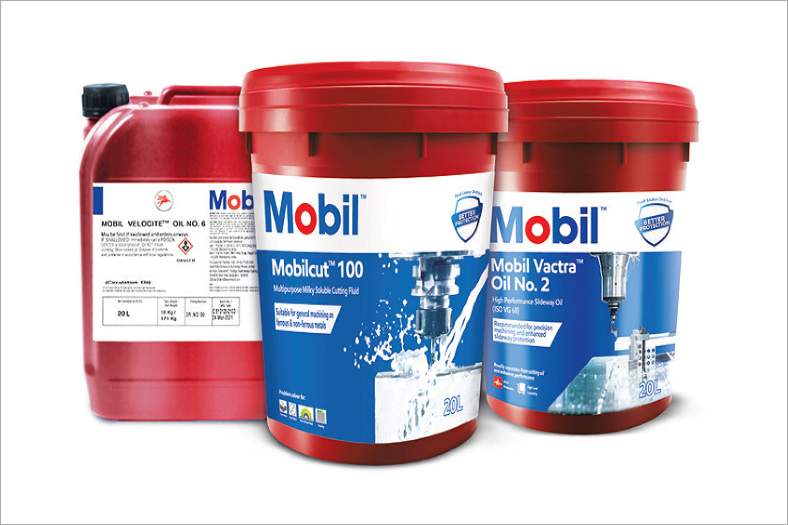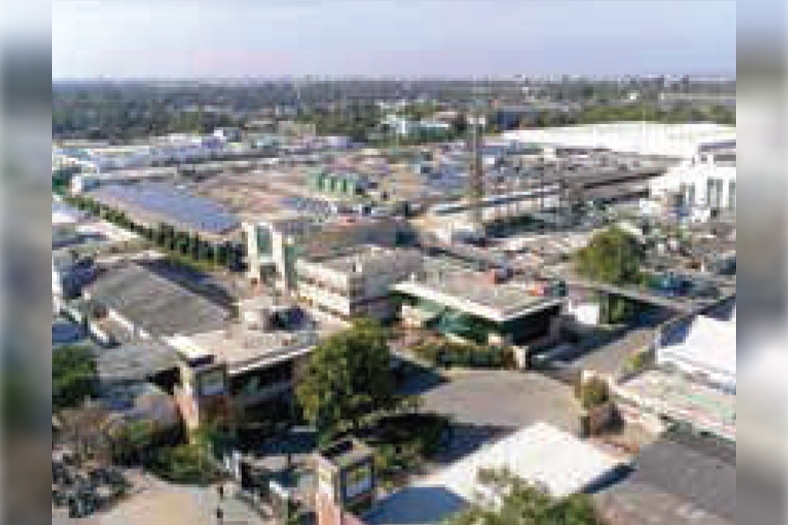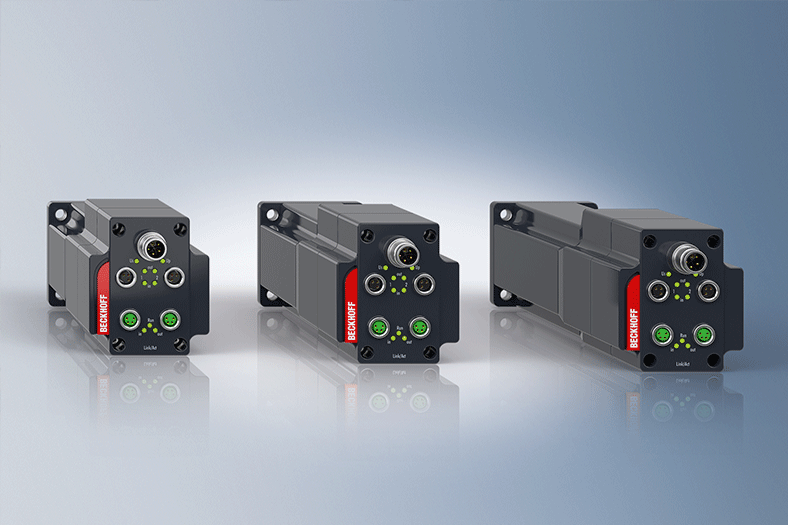Mobile air quality monitors to be installed across Maharashtra
September 3, 2021 7:22 pm
AQ Monitors will be fitted with instruments to measure meteorological parameters such as wind direction, wind speed, ambient temperature, relative humidity, rainfall and solar radiation.
The Maharashtra Pollution Control Board plans to install 15 mobile continuous ambient air quality monitoring stations (CAAQMS) at locations across the state, including Mumbai, Navi Mumbai, Thane, Pune and others. Other locations shortlisted for installation of mobile CAAQMS include Chandrapur, Amravati, Kolhapur, Nashik, Aurangabad and Nagpur. Air quality monitors will be housed in Bharat Stage-IV compliant trucks which will be stationed outside various regional offices of MPCB in at least eight districts. They will be fitted with continuous automatic monitoring devices for carbon monoxide, sulphur dioxide, nitrogen oxides (NOx), beta attenuation gauges to measure PM2.5 and PM10 pollution levels, and a BTX analyser to measure atmospheric concentrations of other pollutants including benzene, toluene ethyl benzene, and its 3 isomers.
According to MPCB regional officer aware of the development, mobile stations will be located outside regional offices of MPCB, where they will operate on a routine basis and take air samples every 15 minutes or so. The data will also be relayed to the Central Pollution Control Board’s servers so that it can be used to generate a more accurate air quality (AQ) index. At the discretion of regional officers: for example, if there is a fire somewhere and we want to assess the air pollution, we can move the unit elsewhere temporarily. Mumbai’s currently has 30 AQ monitoring stations — 15 under MPCB, 10 under the System of Air Quality Weather Forecasting and Research (SAFAR), and five under the BMC. Additionally, MPCB has proposed to install three more stationary CAAQMS in Navi Mumbai, Kalamboli, Kharghar and Taloja.
MPCB floated a request for proposal inviting prospective bidders to bid for the project, which is expected to be rolled out in the first half of 2022. The bid to be awarded sometime in late September-early October and will have a timeline of 180 days to start operations.
Cookie Consent
We use cookies to personalize your experience. By continuing to visit this website you agree to our Terms & Conditions, Privacy Policy and Cookie Policy.
















 English
English Hindi
Hindi